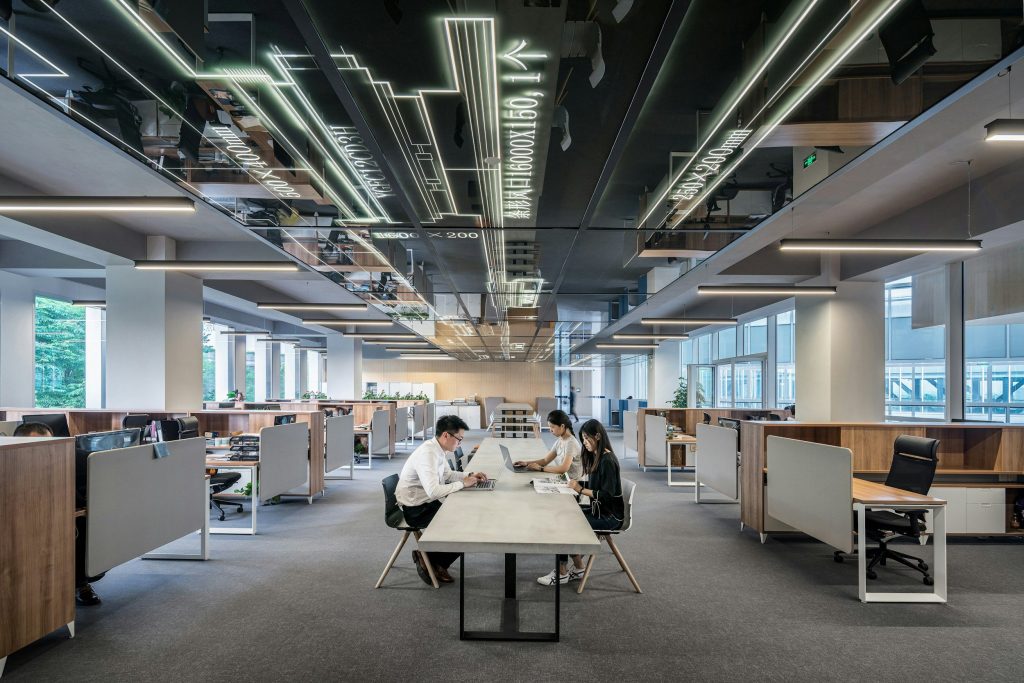The traditional 9-to-5 work model has been the standard for decades. Employees clock in at 9 am and clock out at 5 pm, working a total of 8 hours each day. However, in recent years, there has been a growing movement towards rethinking this model. Many companies are starting to realize that the 9-to-5 model may not be the most effective or efficient way for employees to work.
One of the main reasons why the 9-to-5 model is being reevaluated is because of the changing nature of work. With advances in technology, many jobs can now be done remotely. This means that employees no longer need to be physically present in the office from 9 am to 5 pm to get their work done. Instead, they can work from home or from a coworking space, allowing for a more flexible schedule.
Another reason why the 9-to-5 model is being reconsidered is because of the impact it can have on employee well-being. The traditional 9-to-5 workday can be stressful and rigid, leading to burnout and decreased productivity. By allowing employees to have more flexibility in their work hours, companies can help reduce stress and improve overall employee satisfaction.
Many companies are now adopting more flexible work policies, such as flexible hours, remote work options, and compressed workweeks. These policies allow employees to work in a way that best fits their individual needs and preferences, leading to higher levels of productivity and job satisfaction.
Some companies have even done away with the 9-to-5 model altogether and implemented a results-oriented work environment. In this type of environment, employees are judged based on the results they achieve, rather than the hours they put in. This allows for greater autonomy and flexibility, and can lead to higher levels of innovation and creativity.
While the 9-to-5 model may still work for some companies and industries, it is important for employers to consider alternative work models that may better suit the needs of their employees. By rethinking the traditional 9-to-5 model, companies can create a more inclusive and flexible work environment that benefits both employees and the company as a whole.
In addition to the changing nature of work and the impact on employee well-being, rethinking the 9-to-5 model also has the potential to benefit the environment. By allowing employees to work remotely or having flexible work hours, companies can reduce the need for employees to commute to and from the office every day. This can help reduce traffic congestion, lower carbon emissions, and improve air quality.
Furthermore, rethinking the 9-to-5 model can also help companies attract and retain top talent. In today’s competitive job market, employees are looking for companies that offer flexibility and work-life balance. By adopting more flexible work policies, companies can set themselves apart from the competition and attract a more diverse and talented workforce.
Overall, the traditional 9-to-5 work model is no longer the best fit for many companies and employees. By rethinking this model and adopting more flexible work policies, companies can improve employee satisfaction, boost productivity, and create a more inclusive and innovative work environment. It’s time for companies to embrace change and adapt to the evolving nature of work in the 21st century.

